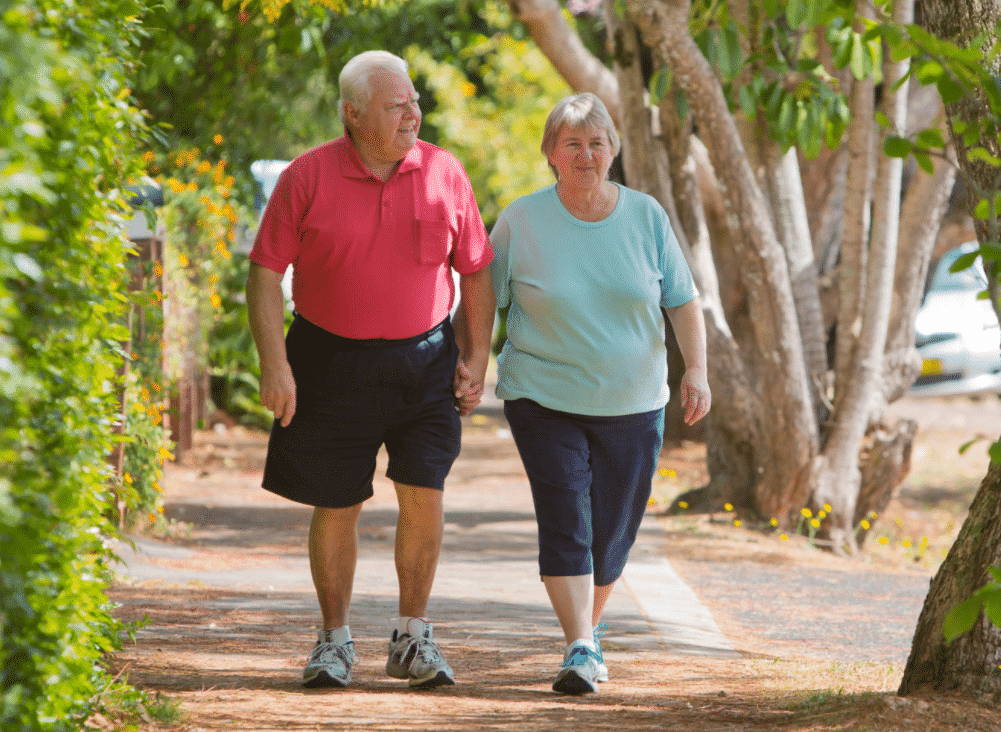How do you keep your loved ones safe?

We all want to protect our older loved ones and help keep them safe, protected, and most importantly independent. However, every year thousands of older adults fall and hurt themselves. Falls, which can be preventable, are one of the leading causes of injury and loss of independence in people ages 65 and older, and the risk of falling rises with age. Knowing how to reduce the risk of falling is an important aspect of ensuring the safety of our older family members. So, how do we go about preventing falls?
RISKS
As we age, physical changes, health conditions, and often the medications to treat those conditions, make falls more probable. Some of the primary causes of falls in older adults are access, medications that cause dizziness or light-headedness, impaired vision, muscle weakness, clutter, improper footwear, poor lighting, lack of handrails/mats, and even fear.
Action can be taken to prevent falls, or at least reduce the risks of falls. At any age, people can make changes to lower their risk of falling. Here are some tips to help prevent falls:
PREVENTION
Access
Make often-used items, such as food, clothing and medication, more accessible so an older person will not be tempted to use a stool or ladder to get to them. It is also a good idea to buy a cordless phone so that you do not have to rush to the phone to answer it and so that you can call for help if you fall.
Medications
First of all, some medications, or combinations of medications, can have side effects such as dizziness or drowsiness, which can make falling more likely. Asking the doctor or pharmacist to review all medications can help reduce the chance of risky side effects and drug interactions.
Vision
Next, poor vision can make it harder to get around safely. Older adults should have their eyes checks annually to ensure they are seeing everything clearly. In some cases, not wearing bifocal or multifocal glasses when walking, especially on stairs, will make you less likely to fall.
Muscle Weakness
Also, muscle weakness is a leading cause of falls in older adults. Lack of exercise can lead to weak legs, increasing the chances of falls. All older adults who are at risk of falling should be offered an exercise program incorporating balance, gait, and strength training. Exercise programs, such as Tai Chi, can increase strength and improve balance, helping to prevent falls. These programs should take into account the physical capabilities of the older person, and be prescribed by qualified health professionals.
Tripping Hazards
In addition, preventing falls is doable. Removing clutter and tripping hazards, such as loose rugs, papers, books, clothes, and shoes, from stairs and places where you walk is an easy way to prevent falls. Use rugs with skid-proof backing or use double-sided tape to keep the rugs from slipping, or use plastic/carpet runners. We can also arrange or remove furniture to ensure there is plenty of room for walking.
Footwear
Improper footwear is another cause of falls in older adults. We should wear rubber-soled shoes both inside and outside, and should avoid going barefoot or wearing slippers, socks, or stockings. For preventing falls when outside, walk on the grass if the sidewalk is slick, and put salt or kitty litter on icy sidewalks. We can also use a cane or a walker when walking outdoors to aid in stability.
Poor Lighting
As we get older, we need brighter lights to help us see well. Make homes safer by making sure we have adequate lighting in every room and stairway if applicable. Also, hang lightweight curtains or shades to reduce glare, and keep a flashlight next to our beds to ensure quick access to light at night, or in case there is a power failure. We should also add nightlights in the kitchen, bath, and hallways.
Handrails/Non-slip mats
We can make our homes safer by adding handrails to hallways and both sides of stairwells, as well as grab bars inside and next to the tub/shower and next to our toilets. We should also use non-slip mats or appliqués in the bathtub and on shower floors.
Fear
Many older adults are afraid of falling, and people who are worried about falling are more likely to fall. This fear becomes more common as people age, even among those who have not fallen. This may lead older people to avoid activities such as walking, shopping, or taking part in social activities. Getting rid of your fear of falling can help you to stay active. It can also maintain your physical health, and prevent future falls.
CONCLUSION
Preventing falls in older adults is imperative. The long-term consequences of fall injuries can impact the health and independence of older adults. In fact, we can prevent many falls. Everyone can take actions to protect the older adults they care about. Some assisted living communities, such as Avanti Senior Living prides itself in the care and safety of their residents. Avanti has specialized flat carpet, excellent for wheelchair accessibility, accountability checks, and a first-rate nurse call system. You will have peace of mind that your loved will be safe and secure.

